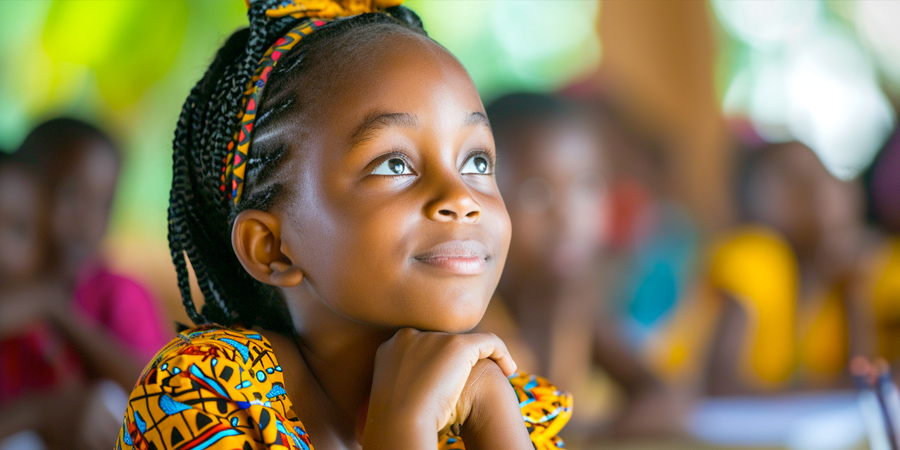The United Nations estimates that by 2050 the population in Africa will reach around 2.5 billion people, this means that around 25% of the world’s population will be African.
This number shows how large Africa’s greatest asset, human capital, will be. It is imperative that this human capital is well explored to ensure that efficient solutions are developed for the adversities that lie ahead in the coming decades.
The construction of an adequate, updated, and sustainable educational system is the first step towards making the African continent a reference in the world. The reference to the educational system does not just highlight common forms of learning, and I add a focus on more specialized training, for example, the creation of schools dedicated only to fishing, agriculture, or related to the exploitation of natural resources.
It is essential to change the way we educate children and adults to be up to the challenges ahead. A strong educational system will allow us to invest in industrialization. The training will accelerate the industrialization process, which can focus on developing a profitable program in the production of components and materials to be used in renewable energy, using our natural resource potential.
Investing in education will provide a foundation capable of combating one of the biggest threats in the near future, the dissemination of false information. Combating the spread of false information is essential so that we can enable sustainable economic growth, guarantee the rule of law, and prevent false information from influencing the decision-making of our population so that they do not jeopardize democracy.
However, in order to guarantee the existence of a good African education system, it is important that there is a targeted focus from current governments to create consistent infrastructure, such as investing in rural electrification. The decentralization of electricity production for collective and individual self-consumption is a way of ensuring rural electrification without major investment costs in transport lines. Access to energy in rural communities will boost our continent and reveal transformations never seen before.
It is with good eyes and hope that I see the way in which Sub-Saharan Africa is making a commitment to the energy transition, highlighting that, despite having large oil wells and enormous gas reserves, Africa is not one of the most polluting continents in the world, but perhaps is one of the least developed. From my point of view, these ideas can be implemented, but a mutual effort from all countries and a more active role from the African Union are needed.
In conclusion, it is important that young people like me are qualified to present effective proposals for our continent, which despite presenting endless problems also has a vast sea of opportunities.

